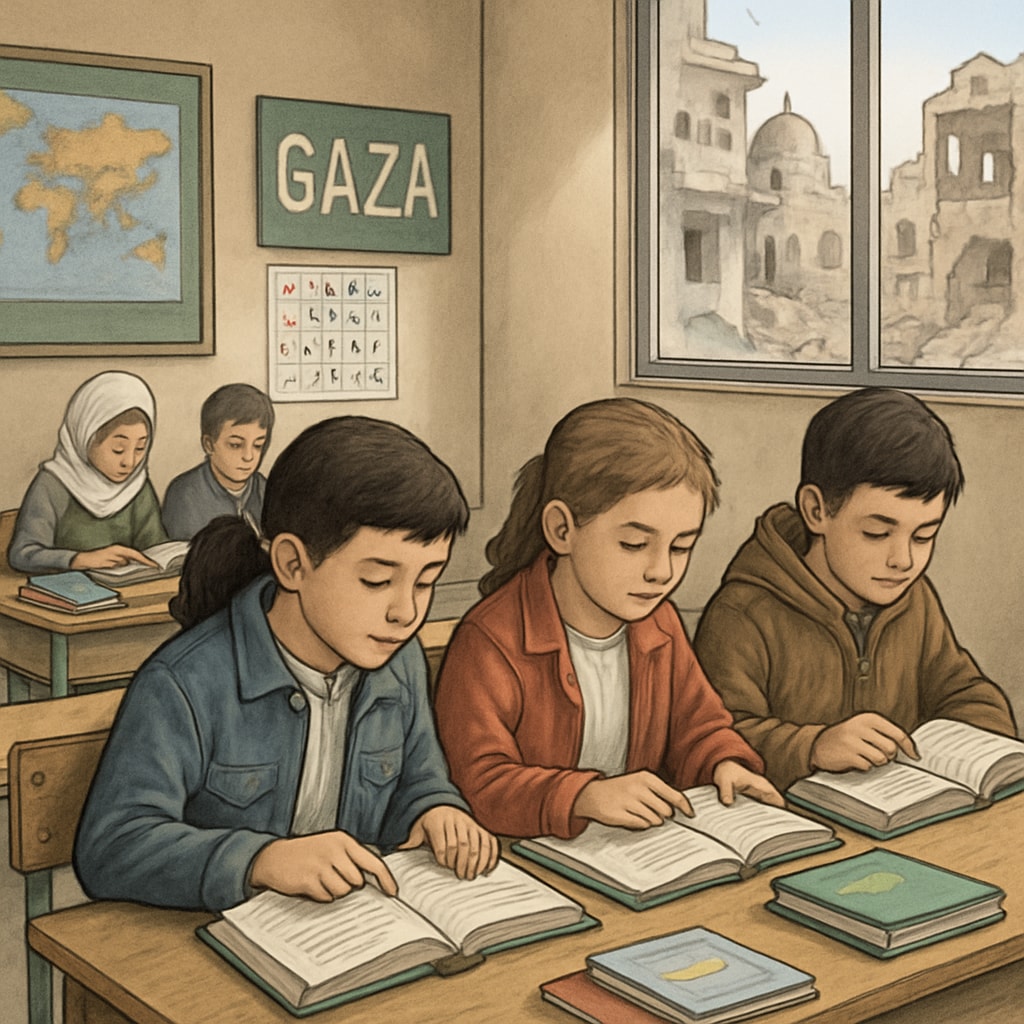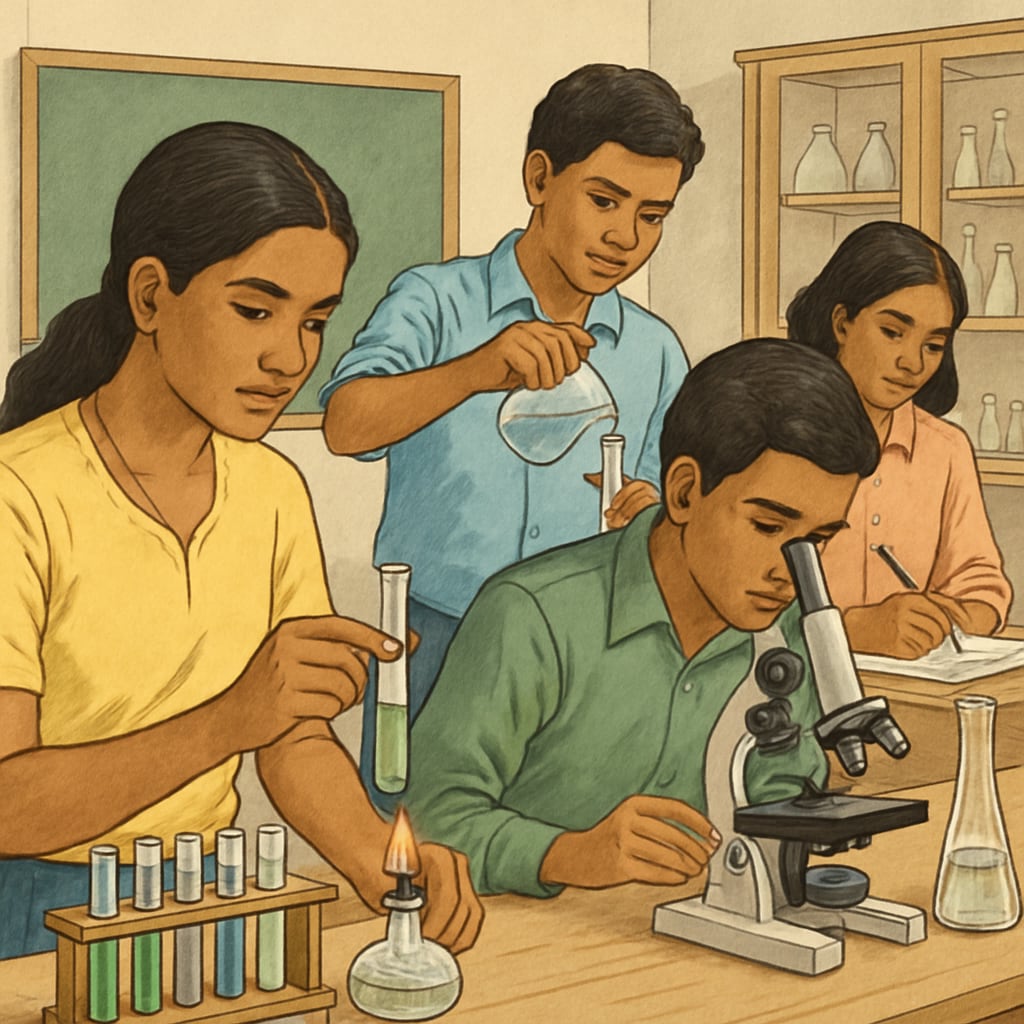Designing a comprehensive teaching syllabus for new schools in Gaza is an urgent task, especially for subjects like science and social studies. In post-conflict zones such as Gaza, educators face unique challenges in creating curricula that balance academic rigor with cultural sensitivity. This article discusses the complexities of introducing education in such politically sensitive environments and proposes principles for developing effective teaching frameworks.

Understanding the Context: Challenges of Education in Gaza
Gaza is a region deeply affected by prolonged conflict, which has left educational infrastructure in ruins. As a result, schools must navigate obstacles such as limited resources, psychological trauma among students, and political sensitivities. For example, science education must incorporate global standards while addressing local environmental and health issues. Social studies courses, on the other hand, must foster critical thinking without exacerbating political divides.
Key challenges include:
- Resource scarcity: Limited access to textbooks, laboratory equipment, and technology.
- Psychological impact: Students often deal with trauma that affects their ability to focus and learn.
- Political and cultural sensitivity: Curricula must avoid reinforcing biases while promoting inclusivity.
Principles for Designing Science Curricula
Science education in Gaza’s schools should aim to equip students with practical skills and a global perspective. However, it must also address local issues such as water quality, renewable energy, and healthcare challenges.
Key principles include:
- Inquiry-based learning: Encouraging students to ask questions and conduct experiments.
- Local relevance: Incorporating lessons on Gaza’s unique environmental challenges.
- Global standards: Aligning curricula with international benchmarks to ensure students can pursue higher education abroad.

Building Inclusive Social Studies Curricula
Social studies curricula in Gaza must foster understanding, empathy, and critical thinking. These lessons are crucial for rebuilding social cohesion in a divided community.
Key approaches include:
- Neutral narratives: Avoiding politically charged content while promoting historical analysis.
- Global citizenship: Teaching students about international cooperation and human rights.
- Conflict resolution: Introducing peace-building concepts to encourage dialogue and understanding.
Opportunities for Innovation
Despite the challenges, rebuilding Gaza’s education system offers opportunities for innovation. By leveraging technology, educators can introduce e-learning platforms that provide access to global resources. Partnerships with international organizations can also bring expertise and funding to support curriculum development.
For example:
- UNESCO’s sustainable education programs can offer guidance for science curricula.
- Britannica’s overview of social studies provides foundational knowledge for course design.
Conclusion: Balancing Rigor and Sensitivity
Rebuilding Gaza’s schools is not just about constructing buildings; it’s about creating a future for its children. Science and social studies curricula must be both academically rigorous and culturally sensitive to address the unique challenges of the region. With thoughtful planning and international collaboration, educators can transform these schools into hubs of knowledge, resilience, and hope.


